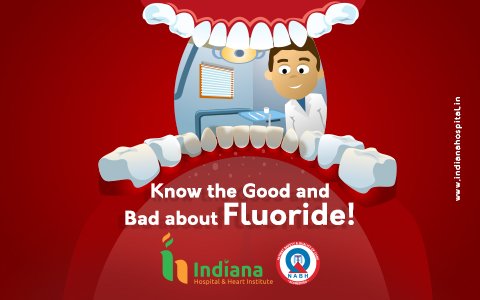Facts About Flouride
Some believe adding fluoride to tap water will improve the dental health of millions but others are worried it’s a form of forced medication that could have dangerous consequences.
WHAT IS FLUORIDE?
Fluoride is a mineral which occurs in very small quantities in sea water, mineral springs and rivers and in the teeth and bones of animals. It’s also found naturally in tea leaves.
Artificial fluoride is produced in the form of sodium fluoride and added to toothpastes and dental mouthwashes. Fluoride has also been added in very small quantities to water supplies in some areas.

WHY IS IT GOOD FOR TEETH?
Fluoride helps strengthen tooth enamel (the outer shell of the tooth) and prevents tooth decay by encouraging minerals such as calcium to fill holes in the teeth before they become too large.
It’s particularly important for children whose teeth are still forming because the teeth build themselves out of the fluoride available.
WHAT ARE THE SIDE EFFECTS?
Dental fluorosis appears as brown spots on the enamel of teeth and is a sign of too much fluoride. It’s common in people who drink too much tea.
The National Pure Water Association of the US says this also occurs in as many as 12 per cent of children drinking artificially fluoridated water (even at legally acceptable levels). In extreme cases dental fluorosis can also result in brittle teeth. Previous studies have linked prolonged exposure to high fluoride with an increased risk of osteoporosis, bone cancer and kidney problems. They also say the benefits of fluoride in drinking water are unproven, with one review of scientific literature pointing out that only one in six people showed any benefit.
HOW CAN I FIND OUT IF MY TAP WATER CONTAINS FLUORIDE?
Your local corporation body or water company should be able to tell you if it exists or if there are plans to add it.
HOW CAN I AVOID FLUORIDATION?
You could use a water filter but ensure it’s one that removes fluoride.
Alternatively, drink bottled water – though some still contain high levels of natural fluoride and the labelling on 75 per cent of bottled water has been deemed inaccurate.
